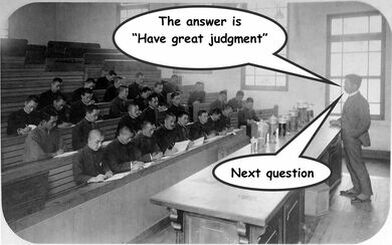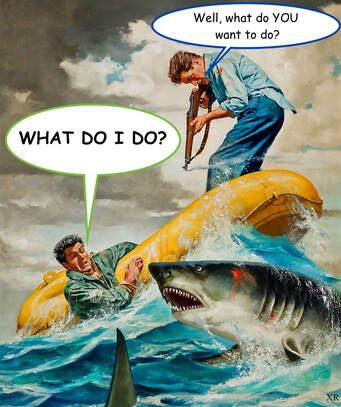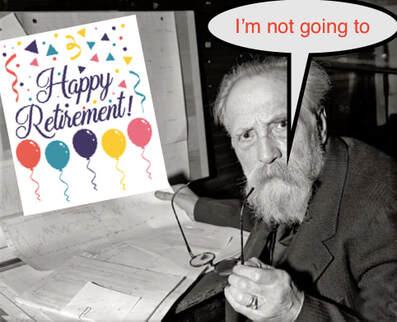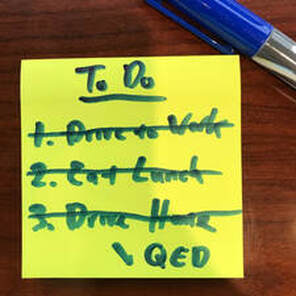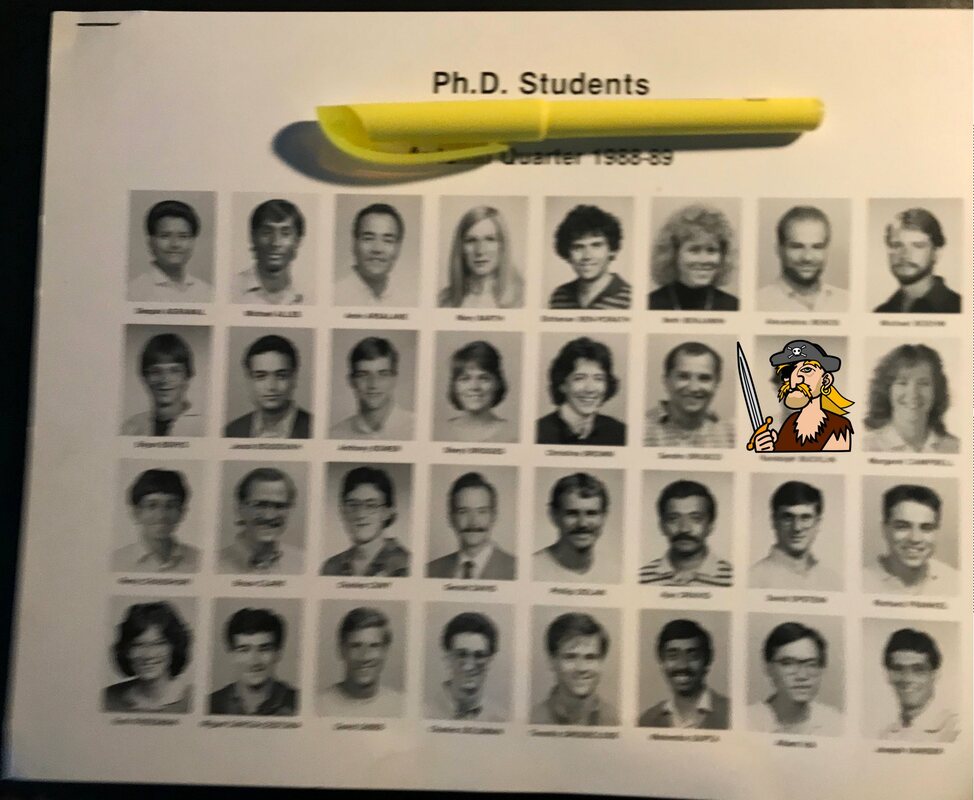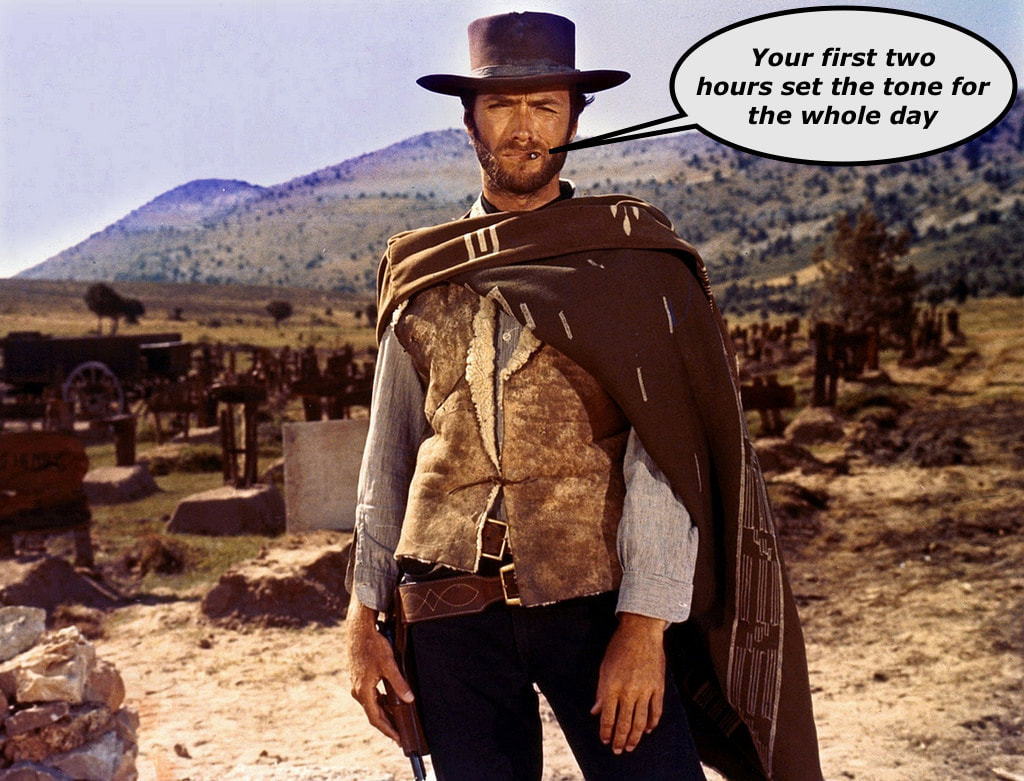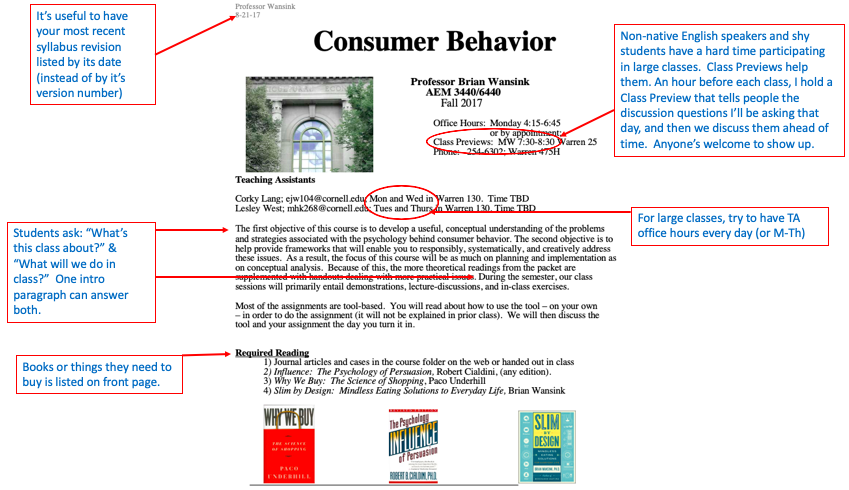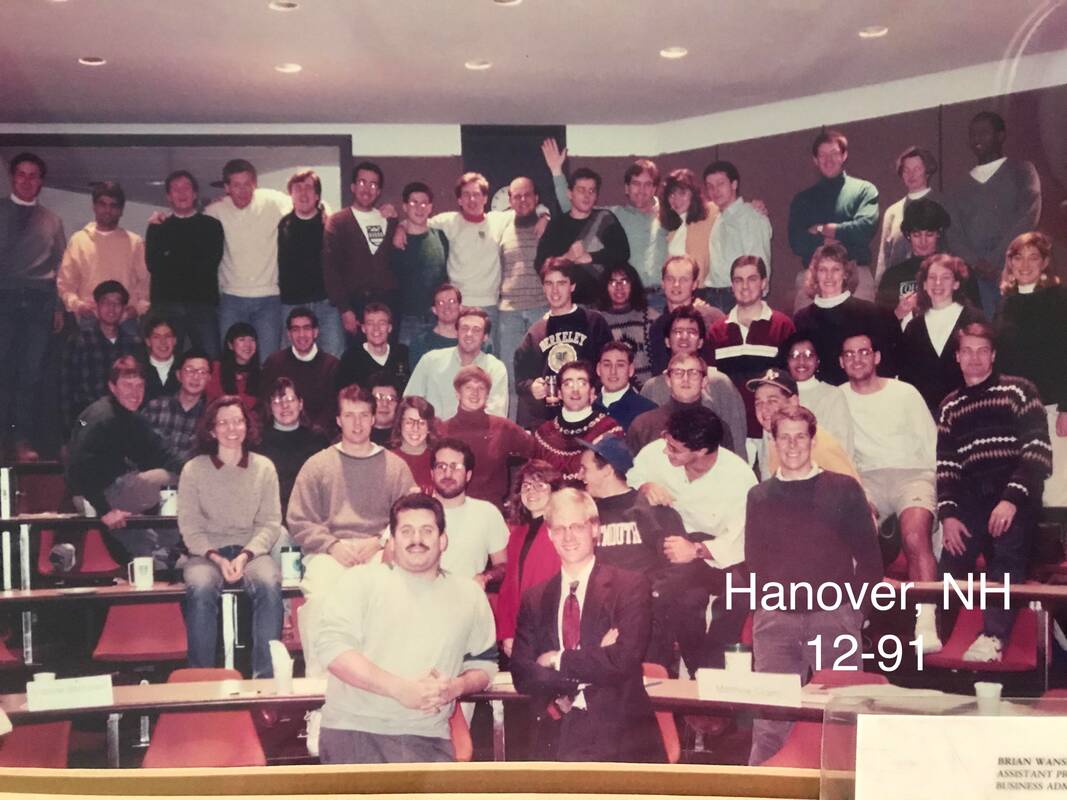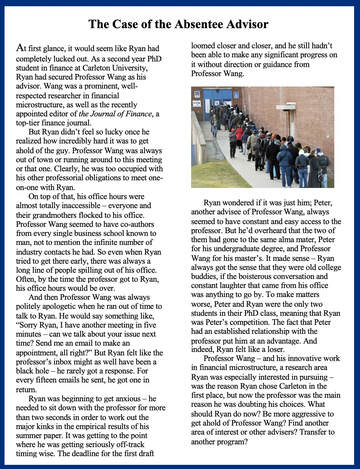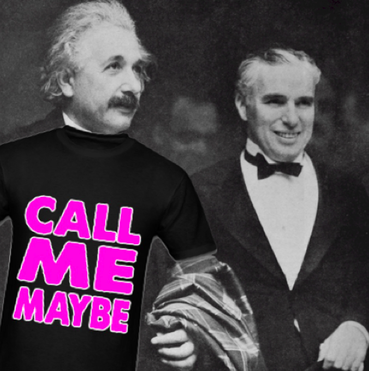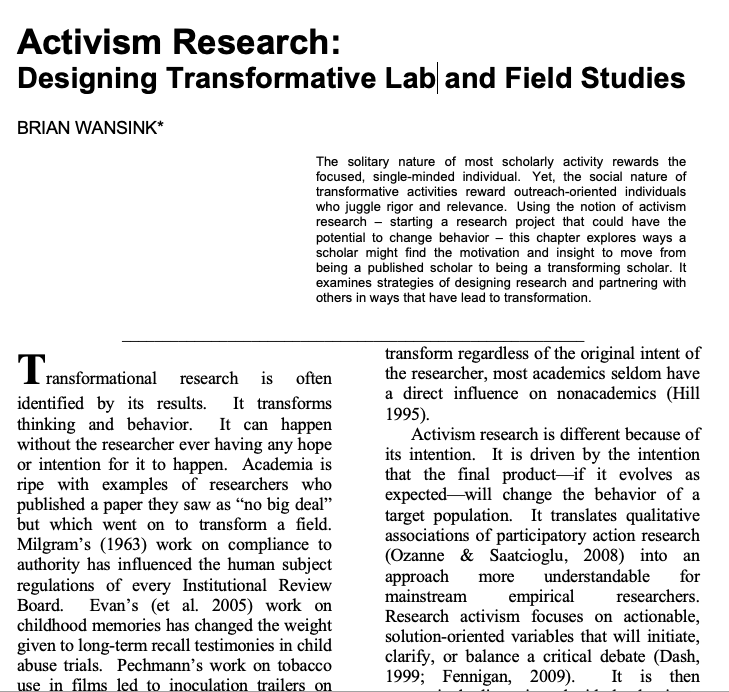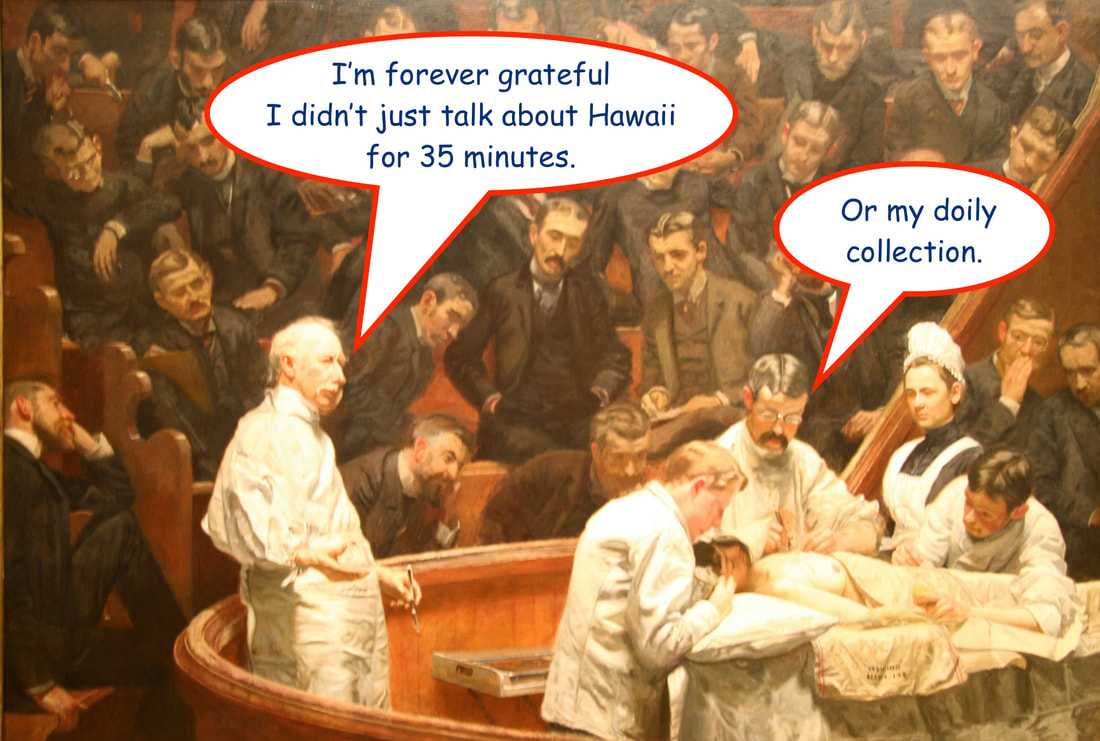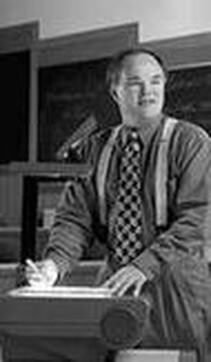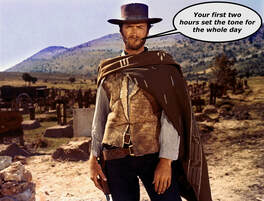 On a late afternoon about 20 years ago, I stepped into a slow elevator with my college’s most prolific, famous, and taciturn senior professor. After 10 seconds of silence, I asked, “Did you publish anything yet today?” He stared at me for about 4 seconds and said, “The day’s not over.” Cool . . . very Clint Eastwood-like. As academics, we have great, productive days and we have bad days, but most lie in-between. If we could figure out what – other than an “Accept Without Revision” letter – leads to great days, we might be able to trigger more of them in our life. Think of the most recent “great day” you had. What made it great, and how did it start? For about 20 years, every time a colleague told me they had a great day, I’d ask “What made it great? How did it start out? About 50% of the time its greatness had to do with an external “good news” event like a paper getting accepted, a grant getting submitted, a great class, or a gracious letter from a former student. The other 50% of the time, the reason for “greatness” was more “internal.” They had a super productive writing day, they finished a paper, or they had a breakthrough idea. External successes are easy to celebrate with these colleagues. Internal successes are more ephemeral, so it’s interesting to explore what was the trigger that made today a great day and what was it that sabotaged yesterday. When people had great days, one reoccurring feature was that they started off great. There was no delay between when they got out of bed and when they Unleashed the Greatness. People said things like, “I had this idea last night, and I just got up and started writing,” or “I started on this revision right when I got up and had it half done by breakfast time.” One of the most productive Grand Ole Dads in my field told me that he got up six days a week at 6:30 and wrote from 7:00 to 9:00 without interruption. Then he kissed his wife good-bye and drove into school. When I asked how long he had done that he said, “Forever.” About a year ago, I started toying with this hypothesis: "Your first two hours set the tone for the whole day." Think of your last mediocre day. Did it start out mediocre? That would also be consistent with this hypothesis. We can’t trigger every day to be great, but maybe we have more control than we think. If we focus on making our first two hours great, it might set the tone for the rest of the day. What we need to decide is what we can we do in those first two hours after waking that would trigger an amazing day and what would sabotage it and make it mediocre. For me, it seems paper writing, editing, exercise, or meditation are the good triggers, and it seems answering emails, reading the news, or surfing are the saboteurs. Here’s to you having lots of amazing days. One’s where you can channel your best Clint Eastwood impression and say, “The day’s not over.” |
Welcome...Fun, useful, or wacky experiences about getting tenure, teaching better, publishing more, and having an incredibly rewarding career.
Categories
All
Some Blog ShortcutsArchives
September 2020
|
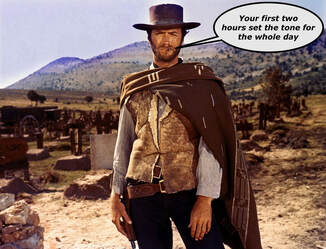

 RSS Feed
RSS Feed
